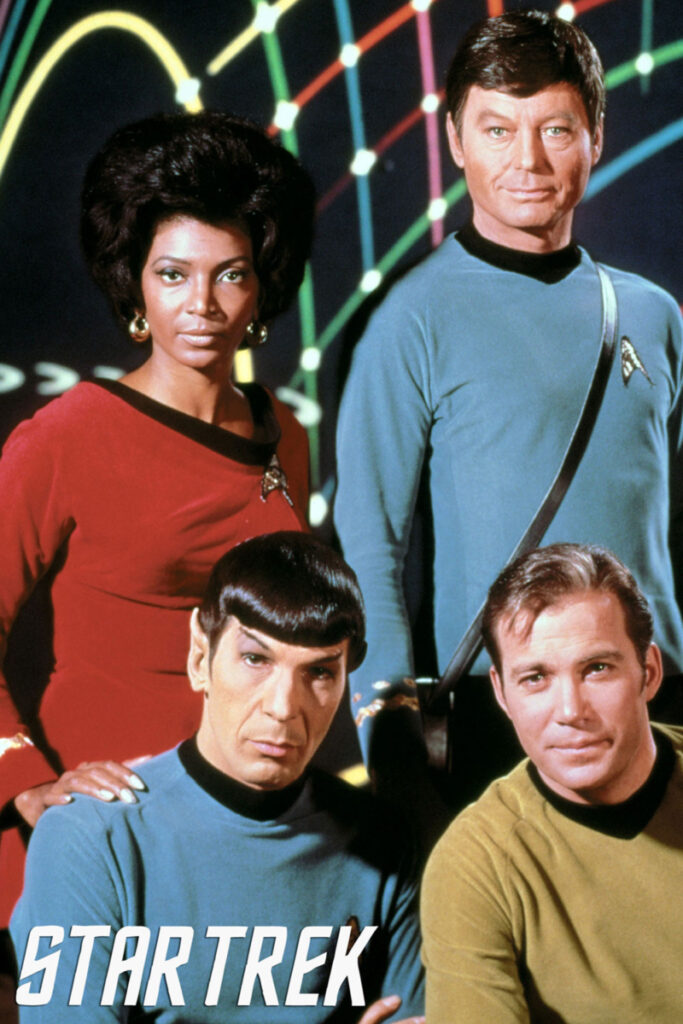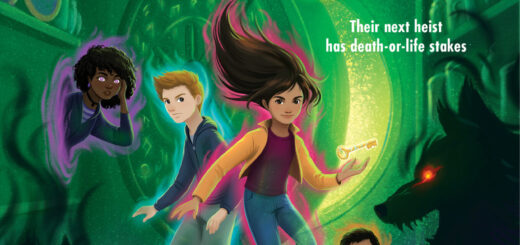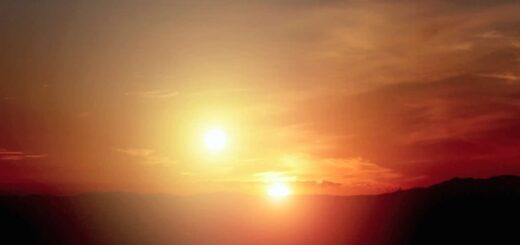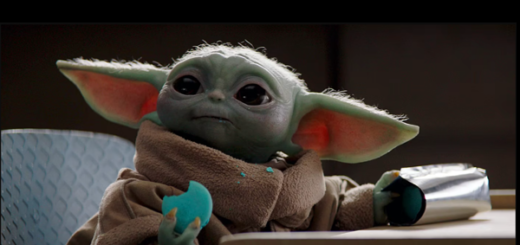Strange New Worlds and Me
When people ask me why I studied astrophysics, I tell them the truth.
Star Trek.
How It Started

When I was very young, I was introduced to the original series in reruns (!) on television. I learned about space travel and alien life and strange new worlds. Uhura and Spock were my favorites. I was so intrigued that I opened the household encyclopedia to learn more about the planet Vulcan.
Only to learn there was no planet Vulcan. Nor were we capable of traveling to the stars. We’d been to the Moon, and that was it. (That’s still it, but that’s a rant for another time.) But the disappointment that Star Trek did not reflect reality caused me to look up information about planets and stars and spacecraft. My journey was underway. That journey brought me to UCLA for a BS in astrophysics and Arizona State for a PhD in physics, boldly going where no one in my family had gone before: a doctorate.
How It’s Going
Now, I’m the one teaching astronomy and physics, both to my community college students and to the general public. I’ve given talks on the science of Star Trek and participated on panels and pop culture conventions. I give planetarium shows relating Star Trek to the cosmos.
And all these years later, Star Trek is still thriving. My favorite of the current series is Strange New Worlds, which just started its second season.

With a mixture of old and new characters, action sequences on new planets, and a true found family vibe, this show reminds me of the best qualities of the original series. The opening credits contain eye-catching depictions of some of the places visited during the series. I automatically found myself relating those images to reality: what real astrophysical phenomena did the creators draw from when developing these settings?
I wasn’t the only one who was curious! Melissa Truth Miller interviewed me for Nerdist, and we had a good time exploring those strange new worlds together. Read it here!
In the future, I’ll explore the science of these strange new worlds with you here.
Live long and prosper and keep boldly going!
If you’re interested about the intersection of science and pop culture, check out the entries here: Pop Culture Science



